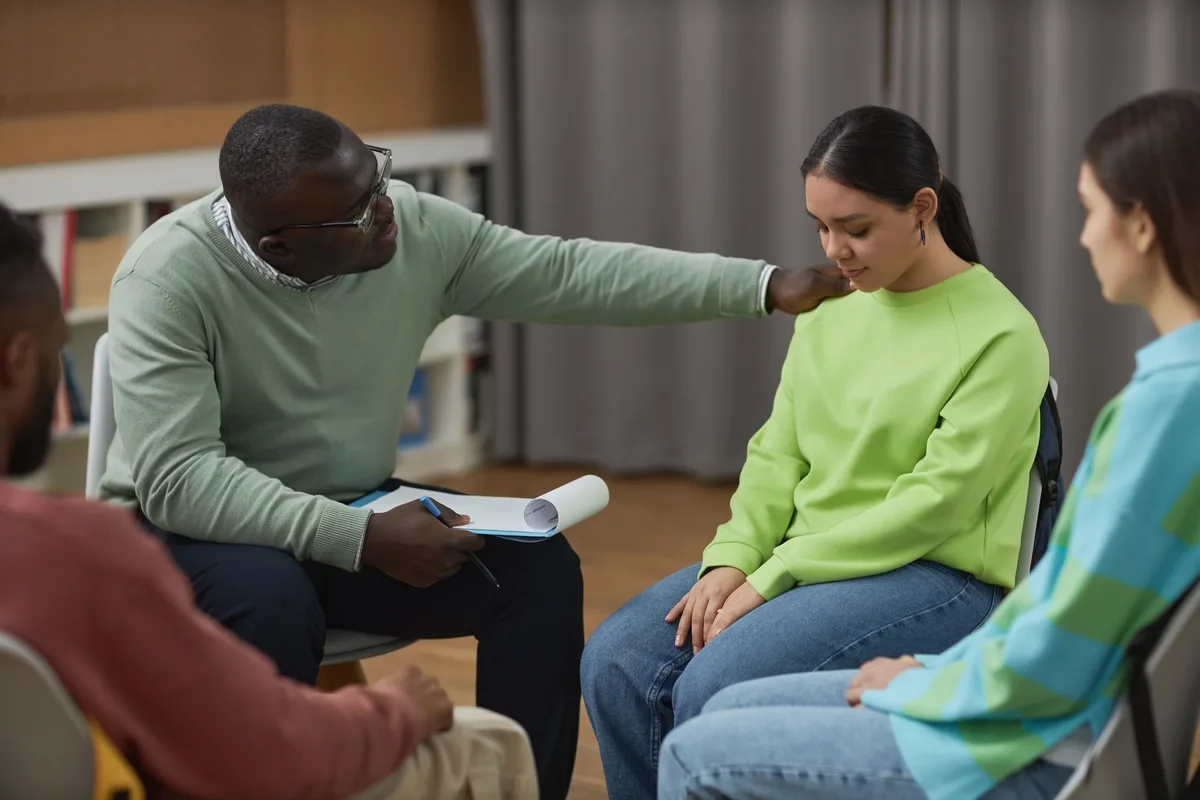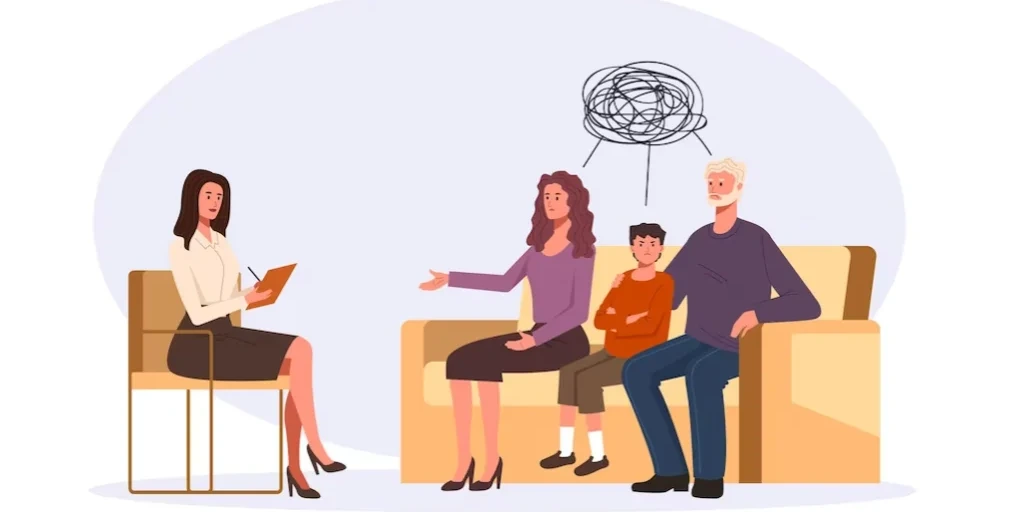24/7 Helpline:
(866) 899-111424/7 Helpline:
(866) 899-1114
Learn more about Intervention Services centers in Kandiyohi
Intervention Services in Other Cities

Other Insurance Options

Medical Mutual of Ohio

Multiplan

Humana

Magellan Health

Optima

UMR

American Behavioral

UnitedHealth Group

Group Health Incorporated

Access to Recovery (ATR) Voucher

Cigna

BlueCross

Meritain

Lucent

Regence
Beacon

Aetna

Optum

Choice Care Network

MHNNet Behavioral Health














